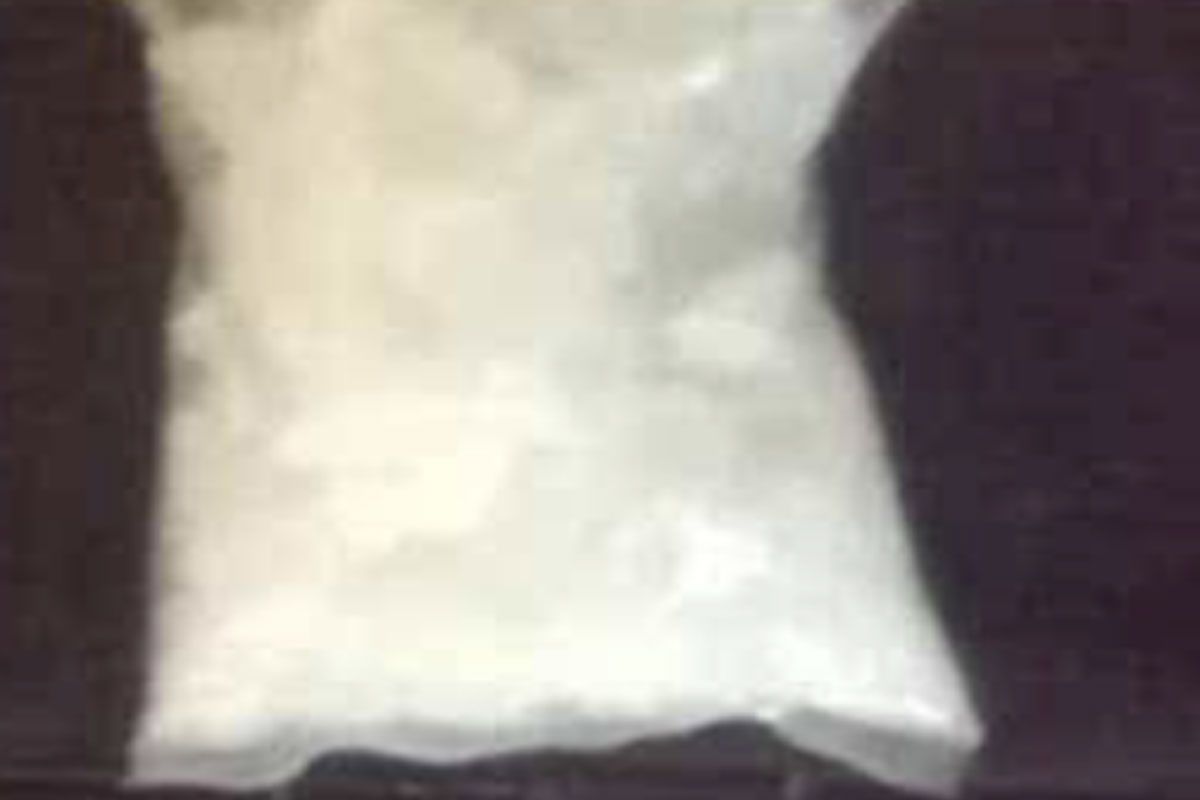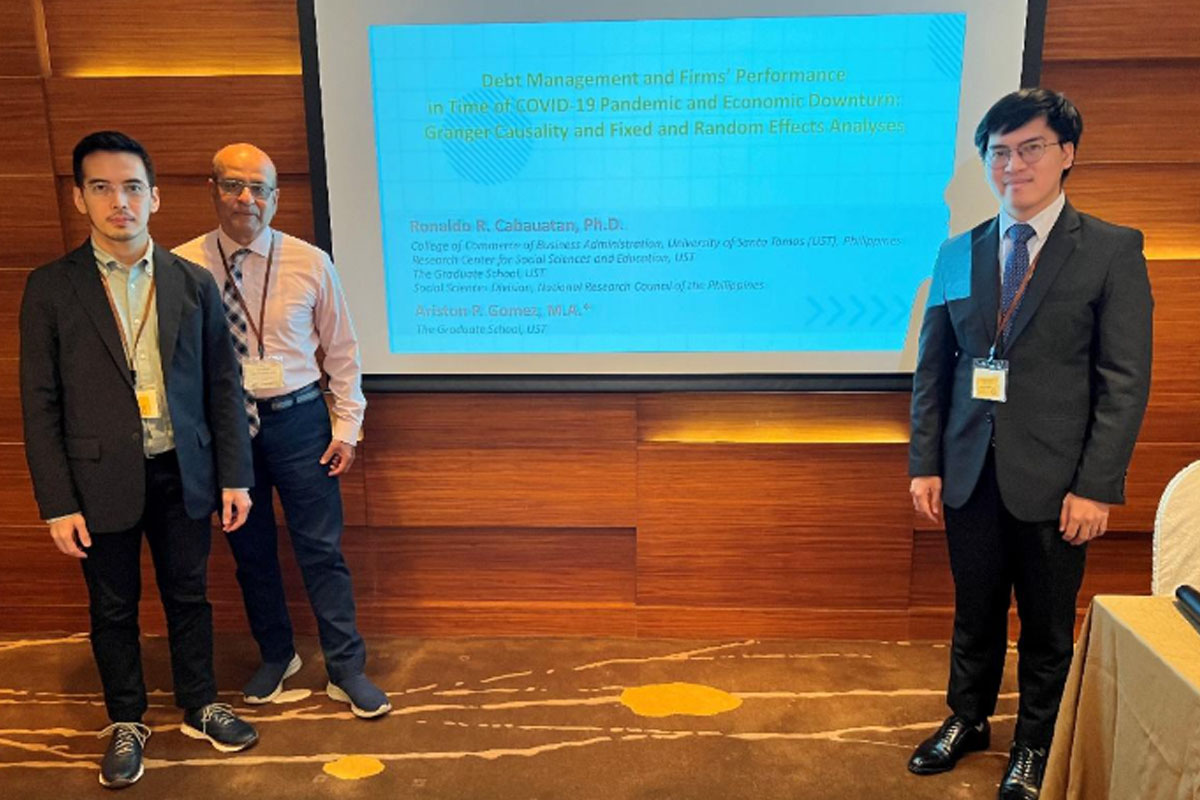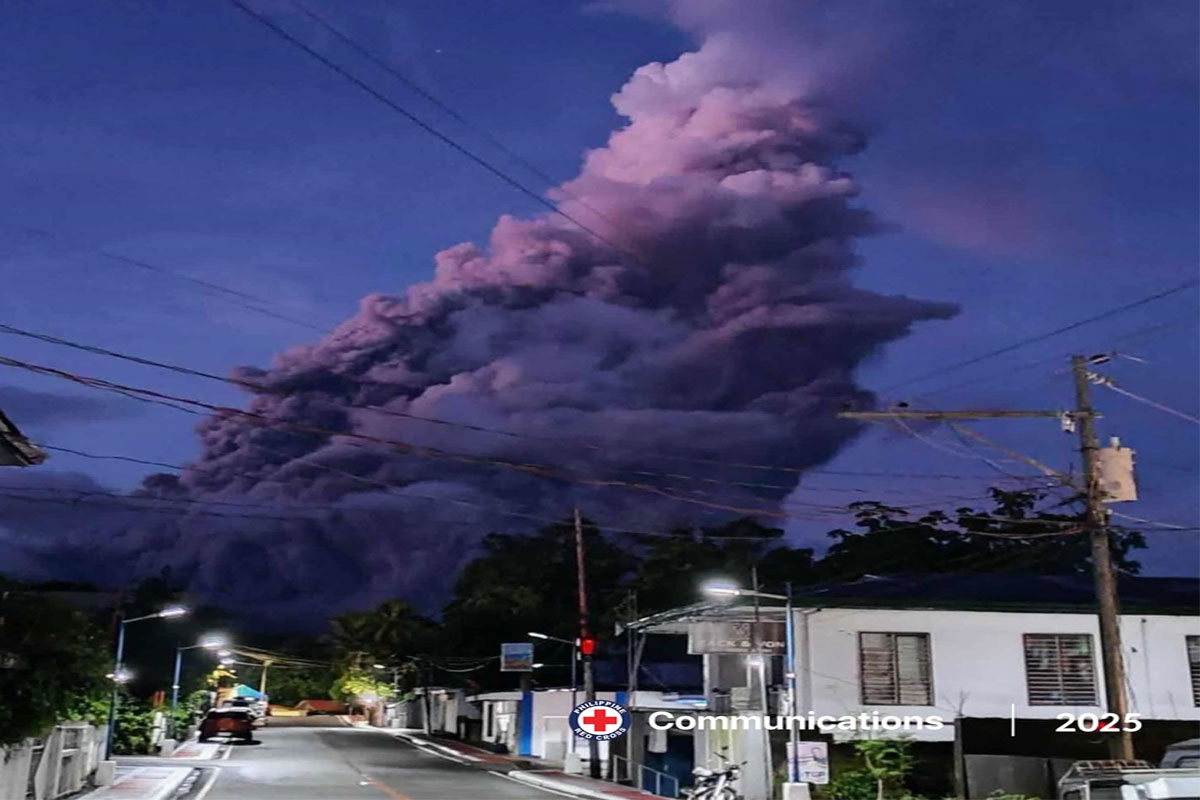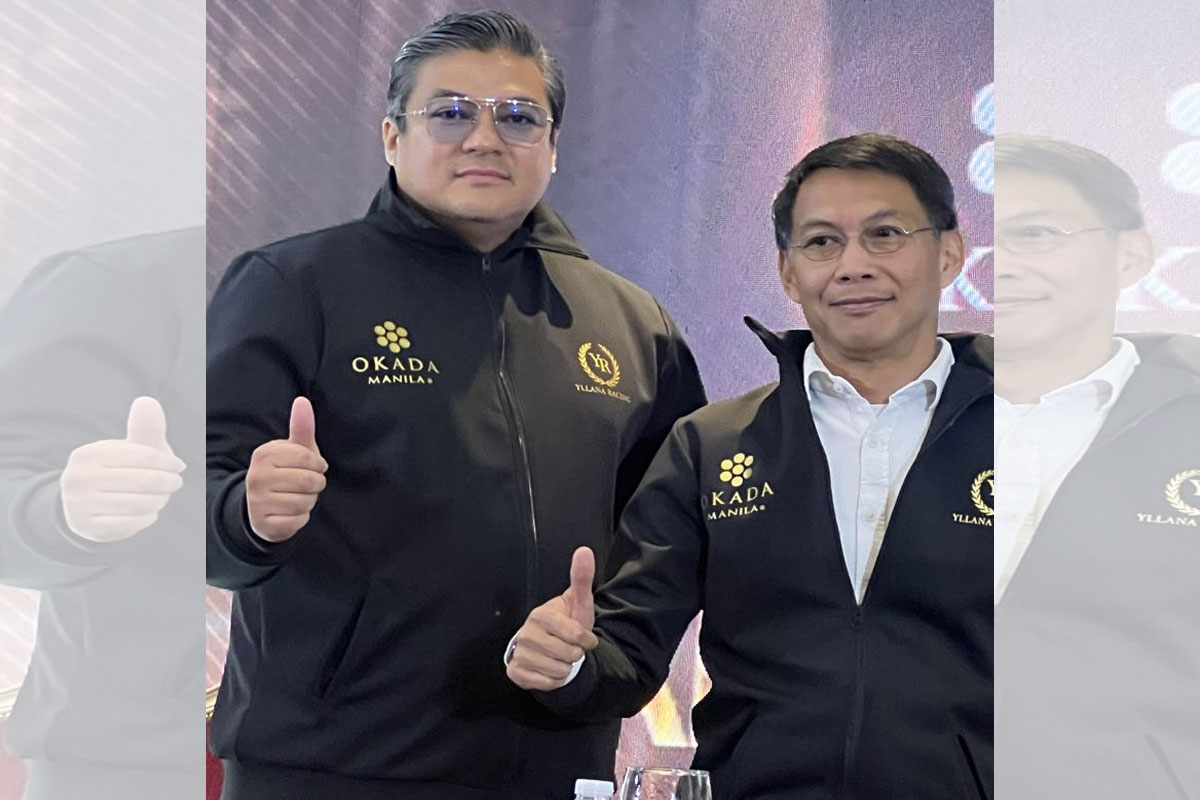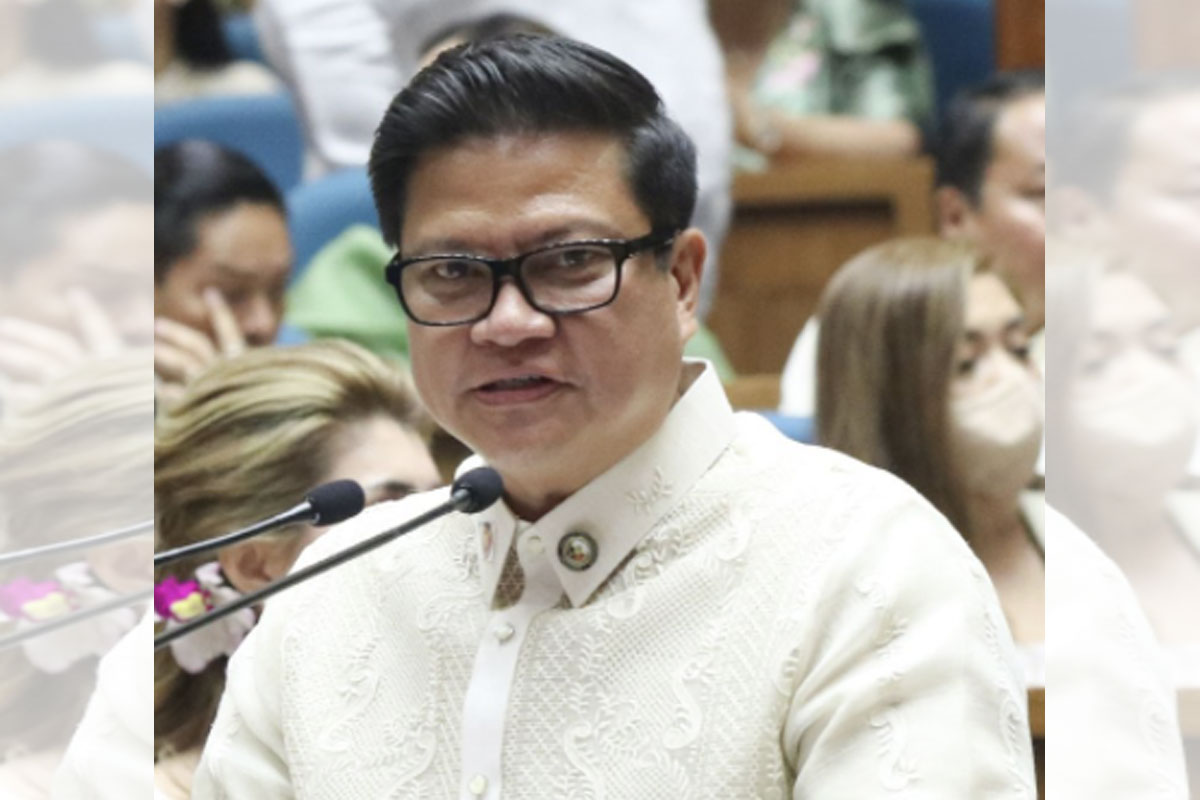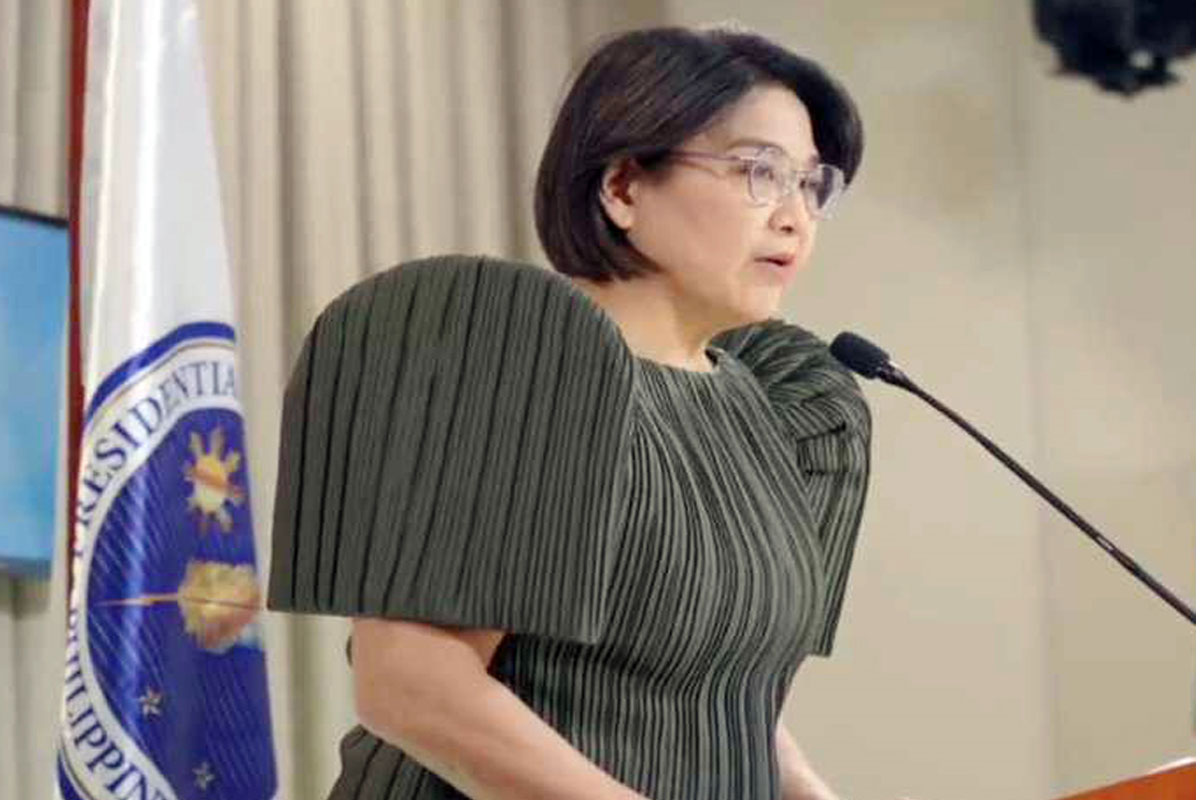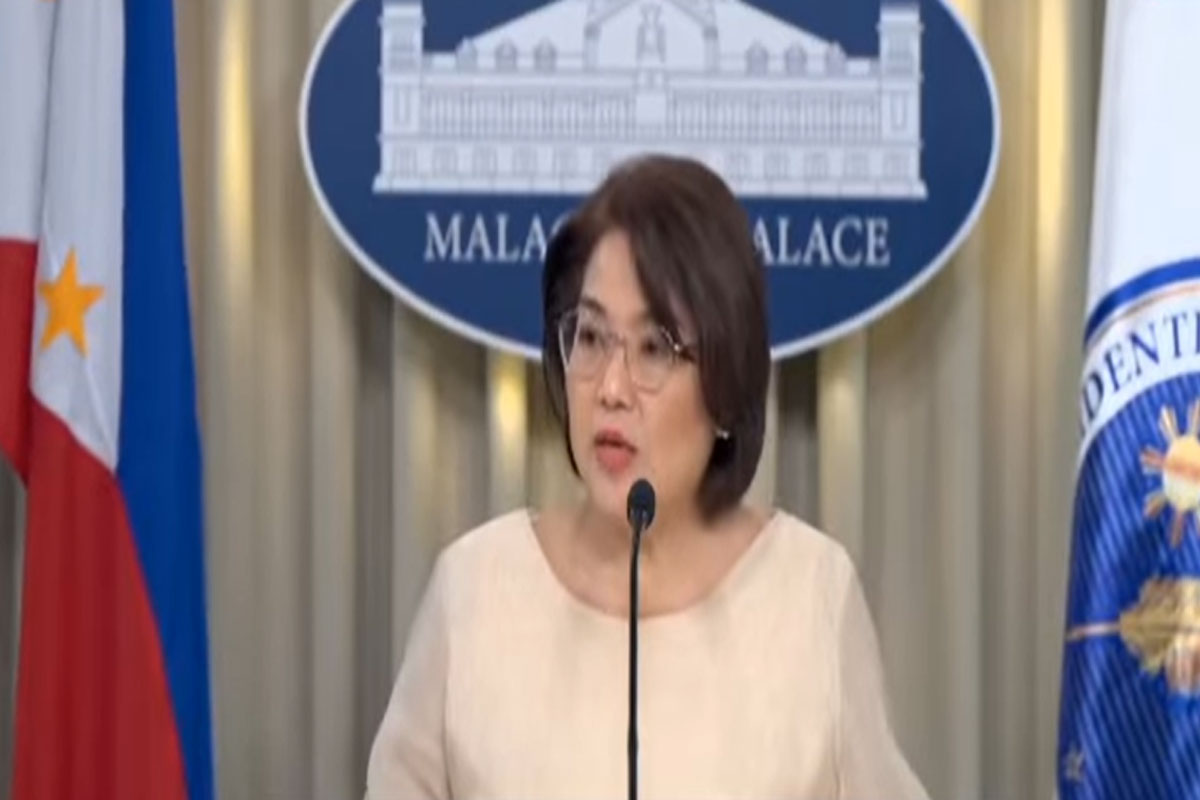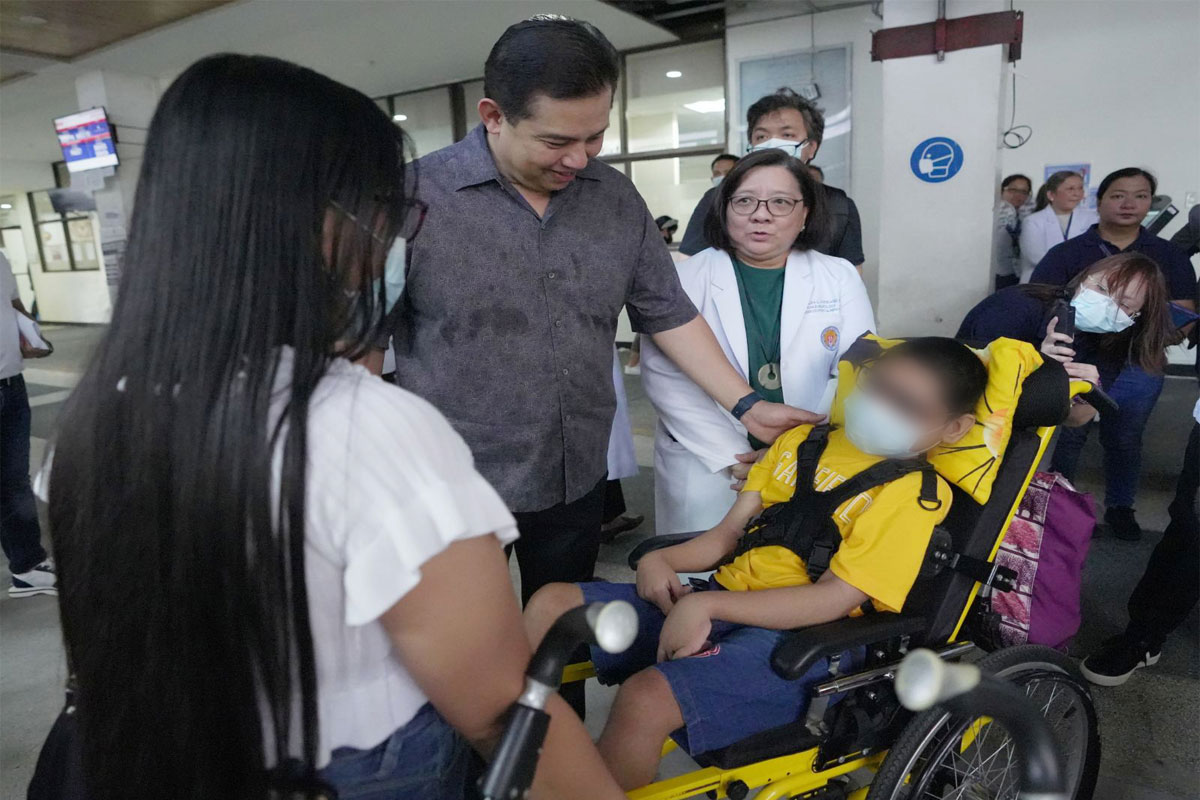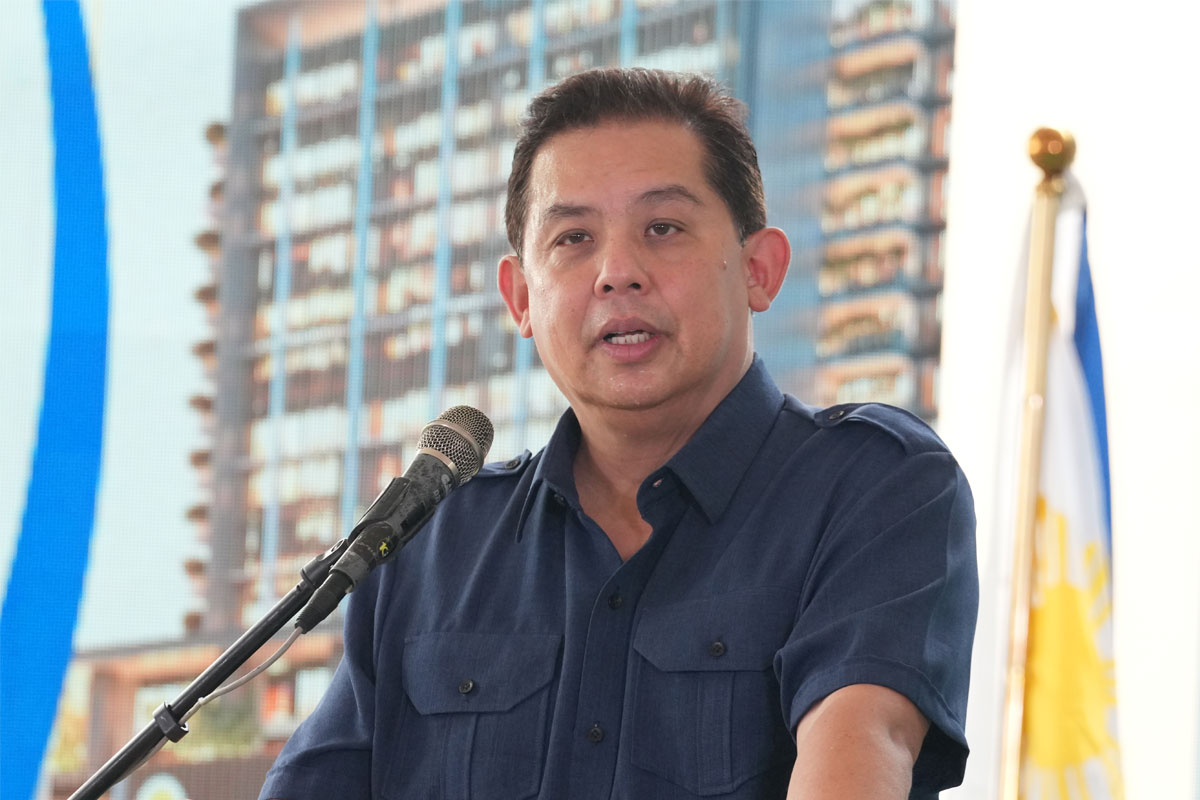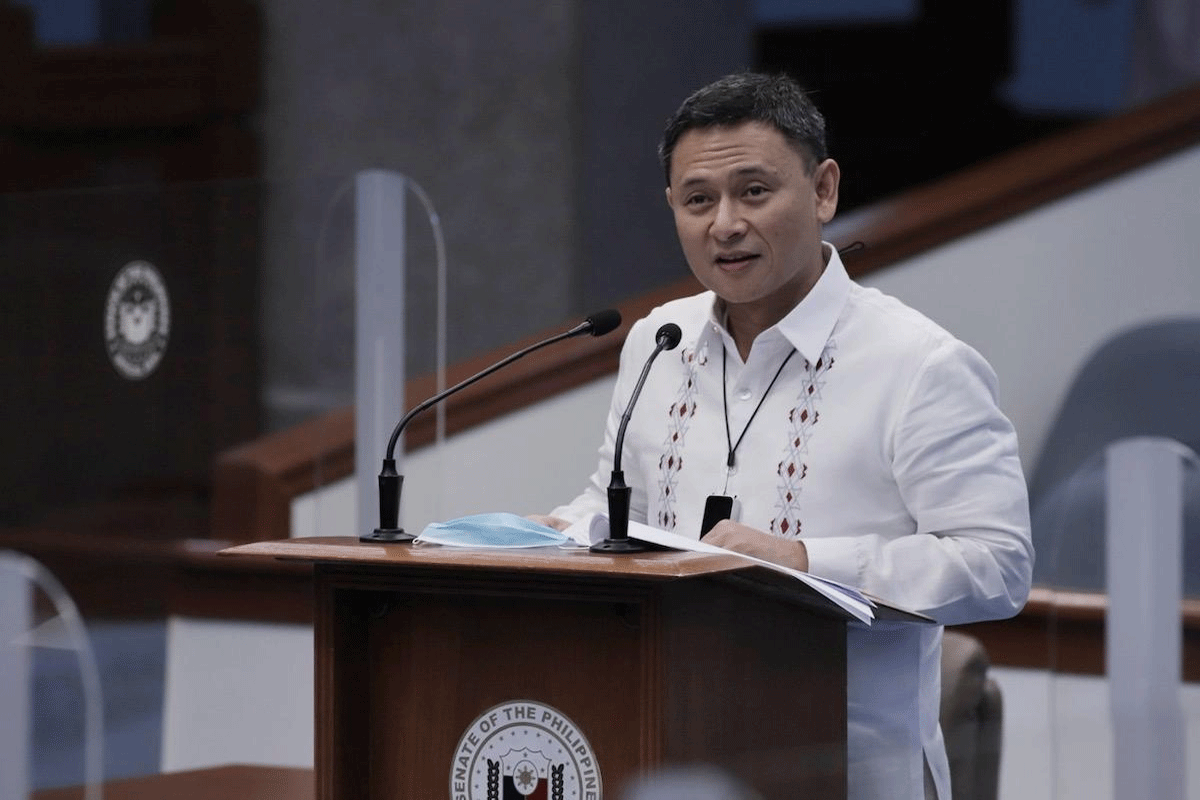
Marawi reparation bill awaits DU30 okay
THE Marawi Siege Victims Compensation bill is on its way for review and signing by President Rodrigo Duterte now that the House of Representatives (HOR) has adopted the Senate’s version of the measure.
Senator Sonny Angara, who sponsored Senate Bill 2420 as chairman of the Committee on Finance, thanked the members of the HOR for facilitating the process with its adoption of the Senate’s version that will pave the way for the provision of just compensation to the victims of the 2017 Marawi City Siege who lost their properties during the five-month long conflict.
Angara said the long overdue compensation of the residents of Marawi City is a significant step towards reintroducing life, healing, and recovery to the once great city in the Bangsamoro region.
“Marami na ang nasimulan para sa Marawi rehab subalit marami pang kailangan gawin. Pero mas maaga tatayo ang Marawi City kung may kakayahan at kapangyarihan ang mga taga-Marawi. Kaya napapahon na bigyan natin sila ng bayad-pinsala,” Angara said.
Under the bill, tax-free monetary compensation will be provided to the owners of residential, cultural, or commercial structures within Marawi’s Most Affected Areas (MAA) and Other Affected Areas (OAA).
The MAA includes 24 barangays, namely Lumbac Madaya, South Madaya, Raya Madaya 1, Raya Madaya 2, Sabala Amanao, Sabala Amanao Proper, Tolali, Daguduban, Norhaya Village, Banggolo Poblacion, Bubong Madaya, Lilod Madaya, Dansalan, Datu sa Dansalan, Sangkay Dansalan, Moncado Colony, Moncado Kadilingan, Marinaut West, Marinaut East, Kapantaran, Wawalayan Marinaut, Lumbac Marinaut, Tuca Marinaut, and Datu Naga.
On the other hand, the OAA covers 8 other barangays, namely Saduc Proper, Panggao Saduc, Raya Saduc, Lilod Saduc, Datu Saber, Bangon, Fort, and Wawalayan Caloocan.
Compensation will also be provided to the owners of private properties that were demolished as part of the implementation of the Marawi recovery, rehabilitation, and reconstruction program.
A Marawi Compensation Board will be created to administer the distribution of compensation to the claimants.
The Board will consist of nine members—at least three of whom should be members of the Philippine Bar, preferably Maranao lawyers with five years of practice. The board should also have a licensed physician, certified public accountant, educator, and licensed civil engineer.
Residents of Marawi will be given one year from the composition of the Board to file their compensation claims. The Board has five years to complete its mandate.
The Bangsamoro government, in coordination with the national government and local government units where the internally displaced persons are located, and the appropriate national government agencies will be tasked to ensure continued access to livelihood assistance, skills and training programs, loan assistance, and other related activities to asset the recovery of lost income streams of businesses affected by the Marawi siege.
Angara noted that the amount necessary for the initial implementation of the law will be charged against the current year’s appropriations for the National Disaster Risk Reduction and Management Fund for the Marawi Recovery, Rehabilitation, and Reconstruction Program.
Thereafter, any amounts needed for the implementation of the law shall be included in the General Appropriations Act of the succeeding years.
“The residents of Marawi City have been waiting for the passage of this measure for a long time already and once it is signed into law by the President, they can start rebuilding their homes and their lives. We look forward to seeing the restoration of Marawi to its former glory and for healing to take place among its proud people,” Angara said.
SB 2420 was filed in substitution of Senate Bills 1395 filed by Majority Leader Migz Zubiri, Sens. Ronald Dela Rosa, Francis Tolentino, Bong Go, and Imee Marcos; and 2394 filed by Risa Hontiveros.
The House of Representatives, which passed its own version of the bill in House Bill 9925 last year, has adopted SB 2420, thus foregoing the need for the two sides to go into a bicameral conference committee meeting to reconcile the disagreeing provisions.


